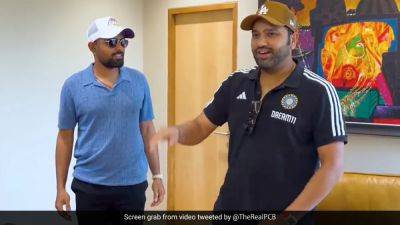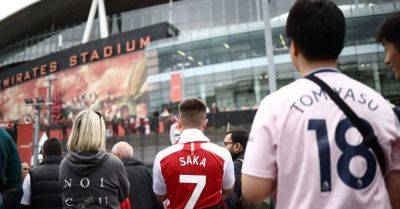Why Mexican Independence Day impacts the boxing and MMA schedules - ESPN
On Saturday, Sept. 16, Mexico's Alexa Grasso will defend her UFC women's flyweight title in a rematch with Valentina Shevchenko in Las Vegas. The date itself, which not coincidentally also marks Mexico's Independence Day, holds a special place for boxing fans, too; mid-September championship fights in the Nevada desert have been a mainstay for decades.
Mexico's long fight for independence over 200 years ago took a heavy toll on the country and its people. It's only natural, then, for the fighting spirit of a country that has produced over 200 world boxing champions to take center stage on the weekend — one of two big fight dates within any given calendar year.
Dieciséis de Septiembre — which usually signals the beginning of Hispanic Heritage Month festivities that begin Friday and last through Oct. 15 in the U.S. — has become an unofficial holiday in Las Vegas. Mexican fight fans will once more have a few of their own to cheer for this weekend, albeit strictly in the Octagon. So how exactly did combat sports come to be synonymous with the weekend? From Julio Cesar Chavez to Canelo Alvarez and now Grasso, we take a look at the some of the key figures and moments behind this marriage of sports and culture.
Much like the Fourth of July holiday in the U.S. marks the colonies' split with England, Dieciséis de Septiembre commemorates Mexico's declaration of independence from Spain. On Sept. 16, 1810, Miguel Hidalgo, a Catholic priest stationed in the central Mexican town of Dolores who is widely considerted the country's primary founding father, let out the first cry for freedom. What ensued was an 11-year war that claimed as many as half a million casualties before the Treaty of Cordoba in 1821 ended three centuries of






